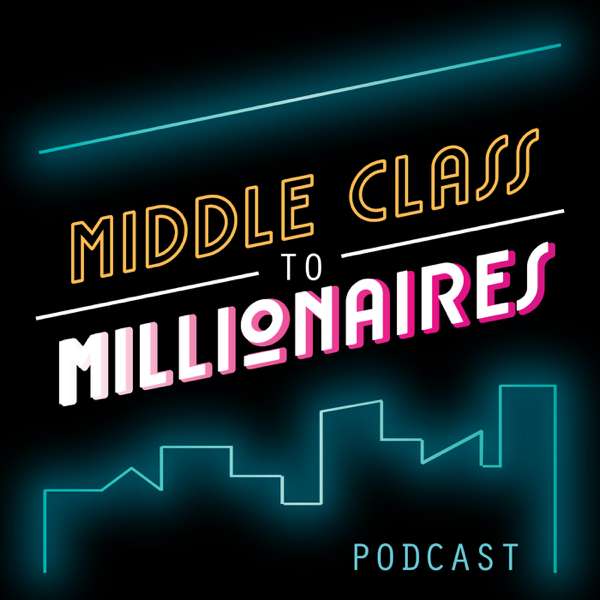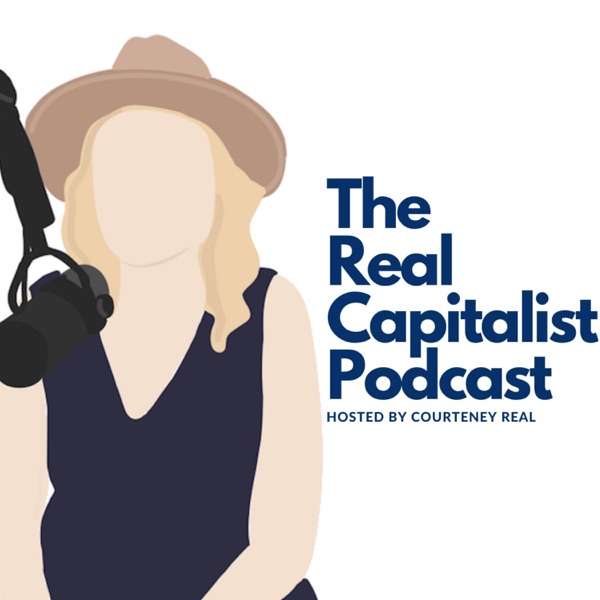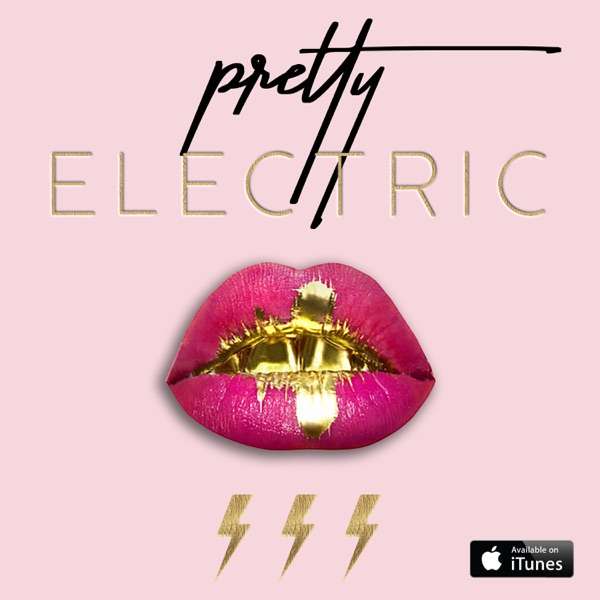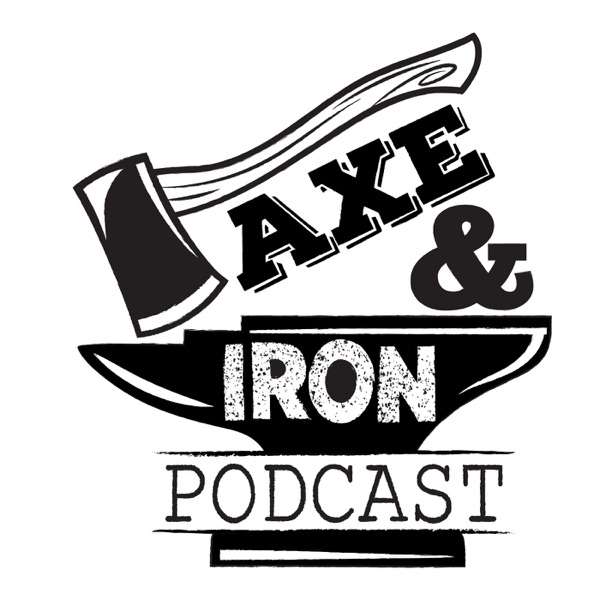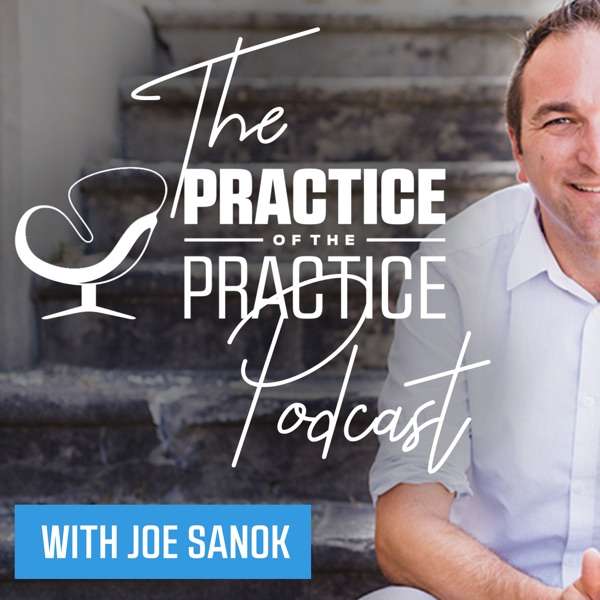Figuring out how to value a startup matters because it determines how much equity you give up when raising capital and how investors think about returns. Startup valuation is the process of estimating what the company is worth at a specific point in time, so founders and investors can agree on a price for new shares.
Because young companies have little history, early-stage valuations rely on a mix of quantitative data and structured judgment rather than on pure formulas.
Quick Glance: Startup Valuation
Simple overview of startup valuation methods, factors, and investor expectations.
Core definition
Startup valuation estimates what a company is worth before raising capital, determining ownership and dilution.
Pre-revenue methods
Berkus method, Scorecard method, Risk Factor Summation, and cost-to-duplicate approach.
Revenue-based methods
Comparable company multiples, VC method (exit-based), and discounted cash flow for later stages.
Key factors
Traction, team quality, market size, product defensibility, business model, unit economics, and risk profile.
Stage benchmarks
Pre-seed valuations typically range $1M from $1M 5 $5 $5M; seed valuations commonly fall between $5M 5M–$15 $15M, depending on traction.
Best practice
Use 2–4 valuation methods to create a range, compare with market data, and align with acceptable founder dilution.
What Does “Valuing a Startup” Actually Mean?

When founders and investors talk about valuation, they are usually referring to:
For example, if a startup is valued at $8M pre-money and raises $2M, the post-money valuation is $10M, and new investors own 20%.
Valuation drives:
-
The percentage of equity sold in a round
-
How existing shareholders are diluted
-
How future rounds, exits, and option pools are structured
Key Factors Investors Consider When Valuing a Startup
No matter which method is used, most investors look at similar inputs:
-
Stage and traction – idea, prototype, beta, paying customers, or growth-stage.
-
Market size and opportunity – how big the addressable market is and how fast it is growing.
-
Team quality – experience, execution history, and founder–market fit.
-
Product and technology – defensibility, IP, and differentiation from competitors.
-
Revenue and unit economics – MRR/ARR, gross margins, churn, CAC/LTV (when available).
-
Risk profile – regulatory risk, concentration risk, technical uncertainty, and operational risk.
Different valuation methods simply weight these factors differently.
How to Value a Pre-Revenue or Very Early-Stage Startup
When there is little or no revenue, investors use methods that rely on qualitative factors and market benchmarks rather than detailed financial models.
1. Berkus Method
The Berkus Method, developed by angel investor Dave Berkus, values a startup by assigning dollar amounts to five areas: idea, prototype, management team, strategic relationships, and product rollout.
Typical steps:
-
Define a maximum pre-revenue valuation cap (the original method used caps around $2–2.5M, though today investors often adapt the numbers to their market).
-
Score each of the five factors and assign a value to each.
-
Add the values to reach a total pre-money valuation.
This method is useful when there is no reliable revenue data yet, and investors want a structured way to tie value to risk reduction.
2. Scorecard Valuation Method
The Scorecard Method compares a pre-revenue startup with other funded startups in the same region and sector.
Basic process:
-
Find the average pre-money valuation of comparable startups at the same stage.
-
Compare your startup on factors such as team, product, market size, competitive environment, and need for additional investment.
-
Assign percentage weights (for example: team 30%, product 25%, market 25%, etc.).
-
Rate your startup above or below the benchmark for each factor and adjust the average valuation accordingly.
This keeps valuations anchored to what investors are actually paying in similar deals.
3. Risk Factor Summation Method
The Risk Factor Summation Method starts from a base valuation (often from comparables) and adjusts it up or down based on a list of risk categories such as management, stage of the business, technology, competition, legislative risk, manufacturing risk, and others.
Steps:
-
Choose a base valuation (for example, the regional average for similar startups).
-
Define risk factors (commonly 10–12 categories).
-
For each risk factor, score the startup as very positive, positive, neutral, negative, or very negative, and adjust the valuation by a set amount per score.
-
Sum all adjustments to get the final valuation.
This method explicitly links valuation to a structured view of risk.
4. Cost-to-Duplicate Method
The cost-to-duplicate approach estimates how much it would cost to recreate the startup from scratch, including technology, product development, and key assets.
It usually includes:
-
Product development and R&D costs
-
Engineering and design man-hours
-
Patents, licenses, and other IP costs
-
Hardware and other tangible assets
This method sets a lower bound: rational investors normally will not pay much less than what it would cost to rebuild the same asset base elsewhere, but it does not capture market upside or intangibles well.
How to Value a Startup With Revenue or Traction
Once a startup has measurable revenue, you can bring in methods that rely on financial data and market comparables.
1. Comparable Company Analysis (Market Multiples)
Comparable company analysis (also called market or multiples method) values a startup based on how similar companies are valued, using ratios like revenue or EBITDA multiples.
Process:
-
Identify a set of comparable public companies or recently funded/acquired startups in the same sector.
-
Collect their valuation metrics (e.g., enterprise value/revenue).
-
Calculate the average or median multiple.
-
Apply that multiple to your own revenue or another relevant metric.
Example: if comparable SaaS companies trade at 5× ARR and your ARR is $1M, a simple comparable valuation would be around $5M (before discounts or premiums for size, growth, or risk).
2. Venture Capital (VC) Method
The Venture Capital Method starts from an expected exit value and works backwards to the present valuation based on required investor returns.
Typical steps:
-
Estimate a future exit value (for example, projected revenue at exit × expected exit multiple).
-
Choose a target return multiple required by investors (often 10× or more at early stages).
-
Divide the exit value by the target return to get the post-money valuation today.
-
Subtract the investment amount to get the pre-money valuation.
-
The investor’s required ownership = investment ÷ post-money valuation.
This method ensures that valuation is consistent with the returns a VC fund needs to justify the risk of the investment.
3. Discounted Cash Flow (DCF) Method
For later-stage startups with more predictable cash flows, investors sometimes use Discounted Cash Flow (DCF), which discounts future cash flows back to present value using a risk-adjusted discount rate.
Steps:
-
Build a multi-year forecast of free cash flows.
-
Choose a discount rate that reflects startup risk (usually higher than for mature companies).
-
Discount each year’s cash flow and sum the present values.
-
Add a terminal value (the value beyond the forecast period), also discounted back.
Because forecast errors are large for early startups, DCF is more suitable once the business model and revenue are relatively stable.
Why You Should Use More Than One Valuation Method
Academic reviews and practitioner guides recommend using multiple valuation methods and viewing valuation as a range rather than a single precise number.
Common practice:
-
Use 2–4 methods that fit your stage (for example, Berkus + Scorecard + VC method for a seed round, or comparables + VC + DCF for a Series A/B).
-
Look at the range they produce rather than at a single exact figure.
-
Use market feedback from investor conversations to refine where in that range your round is likely to clear.
This approach reduces over-reliance on any one set of assumptions.

Practical Checklist: How to Value a Startup Before a Round
If you are a founder trying to decide how to value a startup before fundraising, a practical sequence is:
-
Identify your stage
-
Collect your data
-
Product status, team profiles, traction numbers, revenue, margins, churn, CAC, and market research.
-
Choose suitable methods
-
Pre-revenue: Berkus, Scorecard, Risk Factor Summation, cost-to-duplicate.
-
Early revenue: Scorecard + comparables + VC method.
-
Growth-stage: comparables + VC method + DCF.
-
Compute a valuation range
-
Cross-check against market benchmarks
-
Align with the dilution you can accept
Frequently Asked Questions
1. What is the best method to value a startup?
There is no single “best” method. Common guidance is to combine several approaches, such as the VC method, market comparables, and at least one early-stage method like Berkus or Scorecard, then use the resulting range as the basis for negotiation.
2. How do you value a startup with no revenue?
For pre-revenue companies, investors usually rely on Berkus, Scorecard, Risk Factor Summation, or cost-to-duplicate methods combined with local benchmarks for similar funded startups. These methods emphasize the team, product, market, and risk rather than financial history.
3. Why are startup valuations so different between investors?
Each investor uses different assumptions about market size, exit value, risk, and required return. Research shows that valuations from different methods can vary widely, which is why using several methods and negotiating within a range is standard practice.
4. How often should a startup update its valuation?
Valuation is usually updated at each funding round or significant event (major revenue growth, acquisition offers, or large secondary sales). Internally, founders may track an indicative valuation annually to support planning and option grants.

 Our TOPPODCAST Picks
Our TOPPODCAST Picks  Stay Connected
Stay Connected















